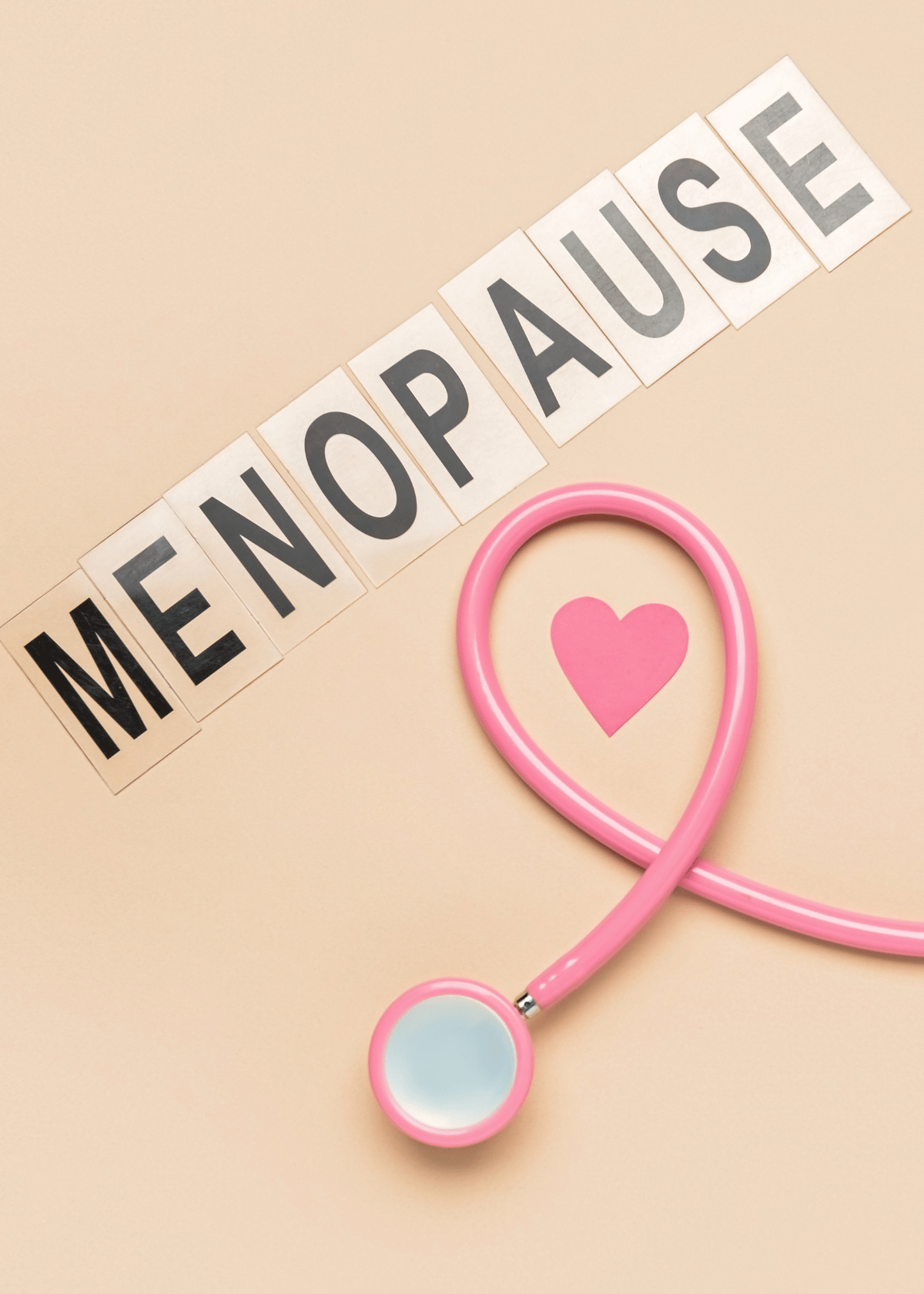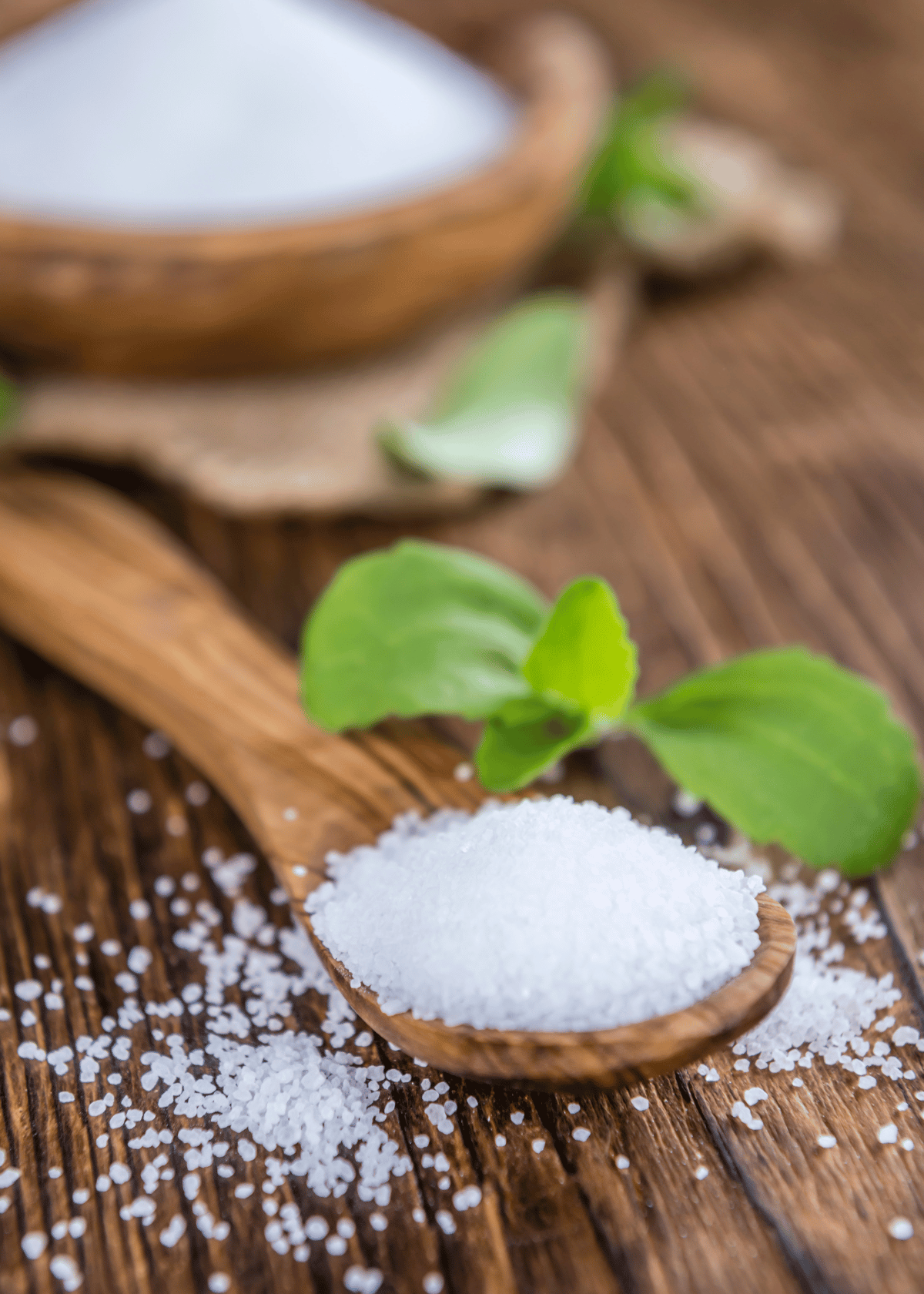Menopause can be a difficult time as the body experiences a number of changes. Common symptoms of menopause include weight gain, burning feet, high blood pressure, and foot pain. There are a variety of treatments available to help ease menopause symptoms ease menopause symptoms. HRT (hormone replacement therapy) is often recommended for symptom relief but may only be appropriate for certain women.
Additionally, certain herbal supplements and tea have been known to help manage menopausal symptoms in some people. Let's explore the top 11 teas for managing menopause.
1. Red Clover Tea:
Red clover tea contains a variety of phytoestrogens, or plant-based estrogens, which can help balance out hormones during menopause. Additionally, red clover helps reduce inflammation, improve circulation, and relieve stress—all common side effects of menopause.
2. Peppermint Tea:
Peppermint tea is known for its calming properties and can also help with digestion issues that may accompany menopause. It also contains antioxidants which can help reduce inflammation in the body.
3. Licorice Root Tea:
Licorice root tea helps balance hormones naturally due to its estrogenic properties and has been found to be helpful in managing hot flashes associated with menopause. Additionally, licorice root is an adaptogenic herb, meaning it helps regulate cortisol levels—the hormone that contributes to feelings of stress and anxiety—which many women experience during this time in their lives.
4. Green Tea:
Green tea has been used for centuries by Chinese medicinal practitioners for its many health benefits including reducing inflammation and providing antioxidant protection from free radicals. Drinking green tea has also been found to be beneficial in helping manage mood swings during menopause as it contains an amino acid called L-theanine which has calming effects on the brain when consumed regularly.
According to a study published in the NCBI PMC journal by Chwan-Li Shen et al., drinking green tea may provide some benefits for bone health. The study found that green tea may help reduce bone loss and strengthen bone metabolism, which can provide overall improvement in bone health. It is suggested that those interested in taking advantage of the potential benefits should drink three or four cups of green tea per day for optimum results. Additionally, due to its caffeine content, it is important to keep an eye on how much green tea is consumed in order to avoid any adverse side effects.
5. Oat Straw Tea:
Oat straw tea is made from the dried leaves of oats and contains numerous vitamins such as Vitamin A and B vitamins as well as minerals like magnesium and calcium which can be beneficial during menopausal symptoms such as night sweats or insomnia due to its calming nature when consumed regularly before bedtime.
6. Sage Tea:
Sage tea is known for its ability to help reduce menopause symptoms such as hot flashes due to its estrogenic properties as well as its ability to calm nerves thus reducing feelings of anxiety or stress often experienced at this time in life due to hormonal fluctuations.
7. Chamomile Tea:
Chamomile tea has long been used as a natural remedy for insomnia due to its mild sedative effects when consumed regularly before bedtime; it’s also helpful in managing anxiety or depression associated with hormonal changes during this period of life thanks again to its calming effects on the brain when consumed daily over a period of time..
8. Red Raspberry Leaf Tea:
Red raspberry leaf herbal tea contains natural compounds that can help ease menstrual cramps while providing essential vitamins like iron which can be depleted during menstruation or menopause due to hormonal fluctuations..
9. Hibiscus Flower Tea:
Hibiscus flower tea is known for its ability to lower blood pressure thanks again to its high antioxidant content; additionally it helps regulate hormones naturally due to its anti-inflammatory effects on the body when consumed regularly over a period of time..
10. Dandelion Root Tea:
Dandelion root tea has long been used by traditional medicine practitioners for hundreds of years; not only does it contain important minerals like potassium which can boost energy levels but it also contains antioxidants that can protect from free radical damage often seen at this stage in life.
11. Black Cohosh Root Tea
A recent study conducted by Maryam Mehrpooya et al. suggests that drinking Black Cohosh root tea can be an effective alternative to hormone replacement therapy for treating menopausal hot flashes. The study, which was published in the NCBI PMC journal, looked at the effects of both black cohosh and evening primrose oil on hot flashes in menopausal women. The results suggest that black cohosh may be more effective than evening primrose oil in helping to alleviate hot flash symptoms. Therefore, drinking Black Cohosh root tea could be a potential alternative to traditional hormone replacement therapies for women going through menopause.
While drinking Black Cohosh root tea could be an alternative to traditional hormone replacement therapies, it is important to make sure it is brewed or steamed correctly. It is recommended that one teaspoon of the root should be added per cup of boiling water, and consumed up to three times a day for optimum symptom management. As with any herbal remedy, it is best to check with your doctor before beginning a new supplement regimen.
Conclusion:
Menopause is a natural process all women go through, but it doesn't have to be uncomfortable! By incorporating certain herbal teas into your diet that are rich in natural compounds like phytoestrogens and antioxidants you can help support your body through this transition period more smoothly than ever before!
Herbal teas can thin the blood and reduce clotting, according to studies. Certain herbs such as ginger, hawthorn berry, cayenne pepper, bilberry and turmeric have been known to work as natural blood thinners. A 2020 study published in the Journal of Medicinal Food titled “The Effects of Herbal Tea on Blood Clotting” suggested that ingredients in herbal teas could help control blood clots as they contain natural compounds that can interfere with the formation of fibrin.
However, it’s important to consult with your doctor before taking any herbal supplements to treat perimenopause symptoms. Additionally, too much of certain tea ingredients can lead to dangerous side effects like bleeding or low blood pressure. As such, it's recommended to speak with a healthcare professional first in order ensure that these teas are safe for you to take.
Related Pages:







